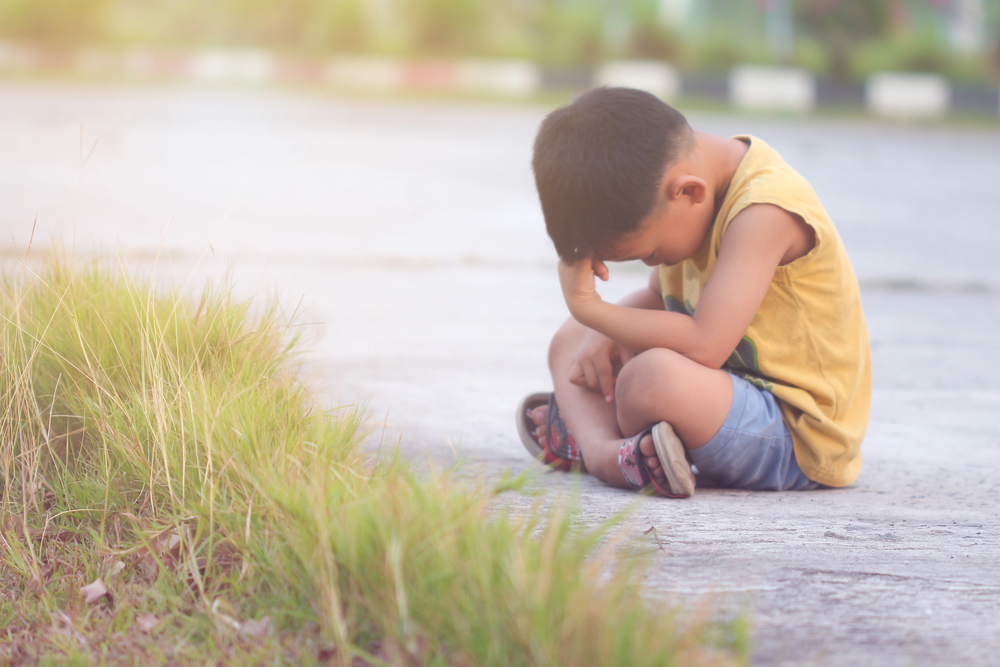A new study published in Child Abuse & Neglect finds that adverse childhood experiences (ACEs) are associated with lower levels of mental well-being in Spanish university students. The current work, led by Marina Bartolomé-Valenzuela of the University of Barcelona, also reports that younger age, minority sexual orientation, and mental illness were also associated with decreased well-being.
The authors note that while the relationship of ACEs to psychological distress and mental health diagnoses has been well established in English-speaking countries, few studies have examined the connection between broad categories of childhood adversity and psychological well-being in Spain. The authors write:
“Four ACE classes were identified: Low ACEs (49.5 %), Dysfunctional Household (12.3 %), Household and Peer Abuse (31.0 %), and High ACEs (7.2 %). The regression analysis successfully predicted well-being scores based on ACE classes. When compared with the Low ACE class, all other classes exhibited lower levels of well-being. Age, sexual orientation, and mental illness were also related to lower well-being, with mental illness having the strongest negative effect.”















